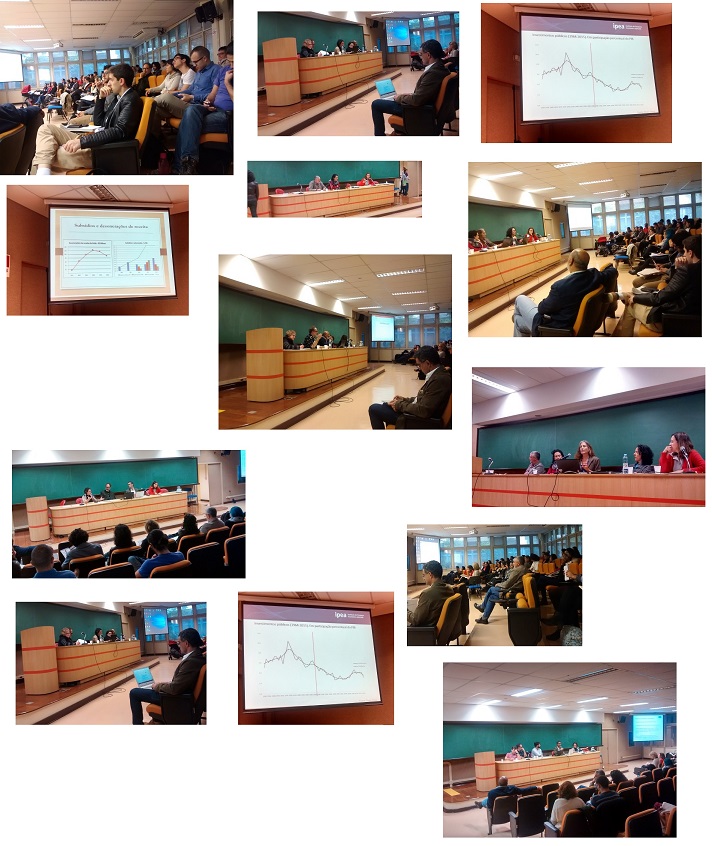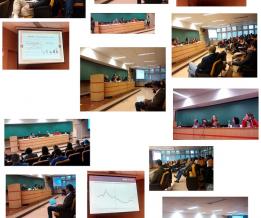scientific diffusion Seminars and Agenda Public Policies and inequalities in Brazil in the 21st Century: Transformations, innovations and continuities
Public Policies and inequalities in Brazil in the 21st Century: Transformations, innovations and continuities
The seminar will be coordinated by Eduardo Marques, Carlos Aurélio Faria and Marta Arretche and will highlight the discussion of research on the main shifts of Brazilian public policies of state action since the turn of the 21st century. The debates and commentary on the research will lead to a book.
These surveys aim to construct a broad map of recent sectoral and political displacements, starting from the legacies of the policies inherited from the military regime and from their displacements since re-democratization. More broadly, by putting the trajectories of various sectors of public policy side by side, it will be possible to shed light on the changes and continuities in the role of the Brazilian State in a more general sense.
In temporal terms, rather than analyzing specific governments, it is intended to produce a picture of the longitudinal transformations of state action. In this sense, although the presidencies of Lula and Dilma Rousseff represent the most important recent time reference, the antecedent actions are also explored, in varied dates by area and subject of public policy. An important challenge for the analyses involves the changes introduced by the Temer government (which are still unclear). Although these are considered, the focus of the work is on the axes of transformation over the longer term.
POST-EVENT
The seminar was coordinated by Eduardo Marques, Carlos Aurélio Faria and Marta Arretche and highlighted the discussion of research on the main shifts of Brazilian public policies of state action since the turn of the 21st century. The debates and commentary on the research will lead to a book.
The seminar was coordinated by Eduardo Marques, Carlos Aurélio Faria and Marta Arretche.





